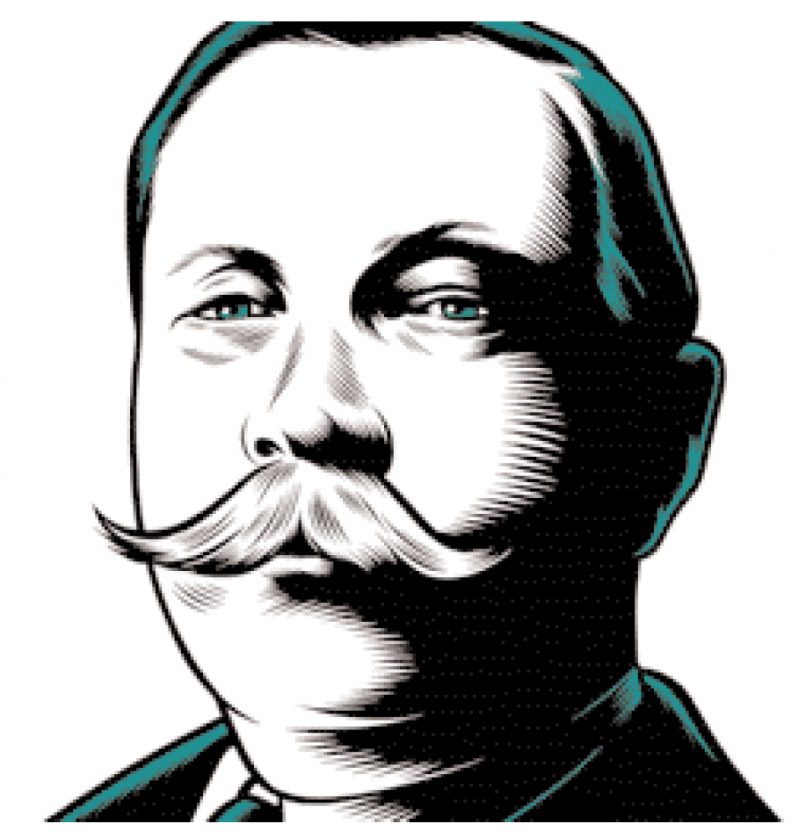Sir Arthur Conan Doyle is probably best remembered as the creator of Sherlock Holmes. The author penned dozens of stories about his beloved character, published in The Strand magazine between 1891 and 1905, and a novel entitled The Hound of the Baskervilles. But Holmes was only one small part of Sir Arthur’s prolific writing career. He published over fifty books during his lifetime, spanning such diverse genres as historical romance, science fiction, military history, and spiritualism. He was one of the most popular pulp-fiction writers of his time, delighting readers with tales of mummies, dinosaurs, ghosts, and classic characters like Brigadier Gerard and Professor Challenger.
And then, on July 7, 1930, he dropped dead.
Sir Arthur’s story is an all-too-familiar one. An author achieves prominence only to be struck down by the icy hand of death. Every year, hundreds of writers pass away, bringing their literary output to an abrupt halt. And after that, we can only guess. Sadly, there isn’t a religion or spiritual belief that addresses the fears that haunt most writers during the wee hours of the night. Namely, does death mean an end to the written word? When we leave this mortal coil, will we also be giving up books and all things book-related? Are earthly pleasures like writing and reading reserved solely for the living? The only person who could feasibly answer such unanswerable questions would be an actual dead author. Someone like, say… Sir Arthur Conan Doyle.
This exclusive interview with Sir Arthur was conducted with the assistance of Arthur Pacheco, a psychic and trance medium from Hawaii. Pacheco has been regularly communicating with the dead for almost thirty years. Unlike many psychics, he goes into a trance and allows departed souls to speak directly through him, using their own voices and their own words. Mr. Pacheco purports to be on friendly terms with Sir Arthur Conan Doyle, who has been his main “spirit guide” since the early eighties.
The following interview took place during several sessions over the course of six months. Sir Arthur—or “The Old Moustache,” as he frequently called himself—spoke with a thick British accent, and was prone to deep, almost guttural laughter, often apropos of absolutely nothing.
—Eric Spitznagel
I. “I HAVE FOUND MUCH MORE INTERESTING [READING] MATERIAL THAN ANYTHING ON EARTH COULD PROVIDE FOR ME.”
THE BELIEVER: Are there books in the afterlife?
ARTHUR CONAN DOYLE: Absolutely. One may continue to read in the disembodied state, indeed. In fact, the possibilities for such activity are much more expanded than on Earth; and our libraries here, for they exist, are of many different types. You go to some when you are seeking knowledge of the past, say, and to these you would think yourself into some time period to be able to view the truth about what actually happened, instead of just reading somebody else’s version of the same.
BLVR: So the living only have access to the fake history books, and we won’t get to read the real history books until we die?
ACD: Unfortunately, that is true. I am privileged to be able to access the Akashic Records, those indelible records of how things really were at any place in history. The discrepancies one finds are amazing and at times appalling. To see how the news of events were deliberately changed to suit somebody can be a





